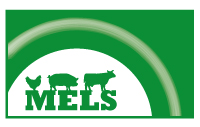Projects
EcoNutri (Innovative concepts and technologies for ECOlogically sustainable NUTRIent management in agriculture aiming to prevent, mitigate and eliminate pollution in soils, water, and air).
ECONUTRI is an Innovation Action project based on a multi-actor approach which includes scientific experts in public institutions, private companies, farmers’ associations, and reaches out to various stakeholders (with expressed interest). In summary, the aim of ECONUTRI is to optimize and validate at commercial level nutrient management technologies that minimize or even eliminate nitrogen (N) and phosphorus (P) pollution by limiting N emissions to soil, water and air and P emissions to water resources. Such a challenge follows the EU’s Green Deal having as a target to contribute to reduction of nutrient losses by 50% that can lead to a reduction of at least 20% in fertilizer use up to 2030 to the benefit of the farmers and the environment. ECONUTRI is partnering with six Chinese institutions to complement activities between EU and China and strengthen the scientific and technological ties.
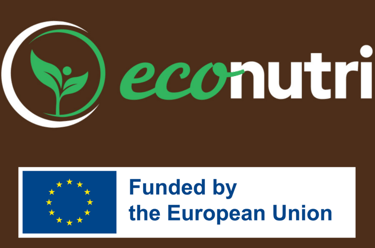
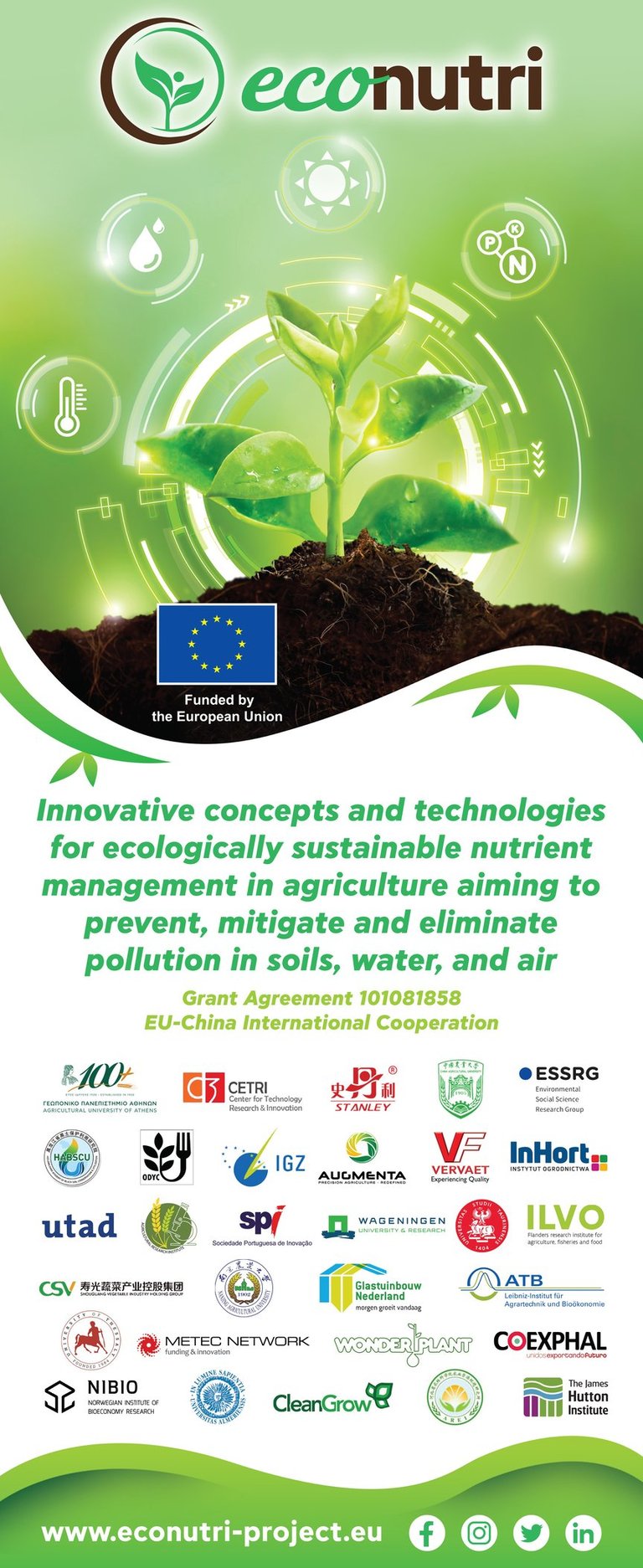

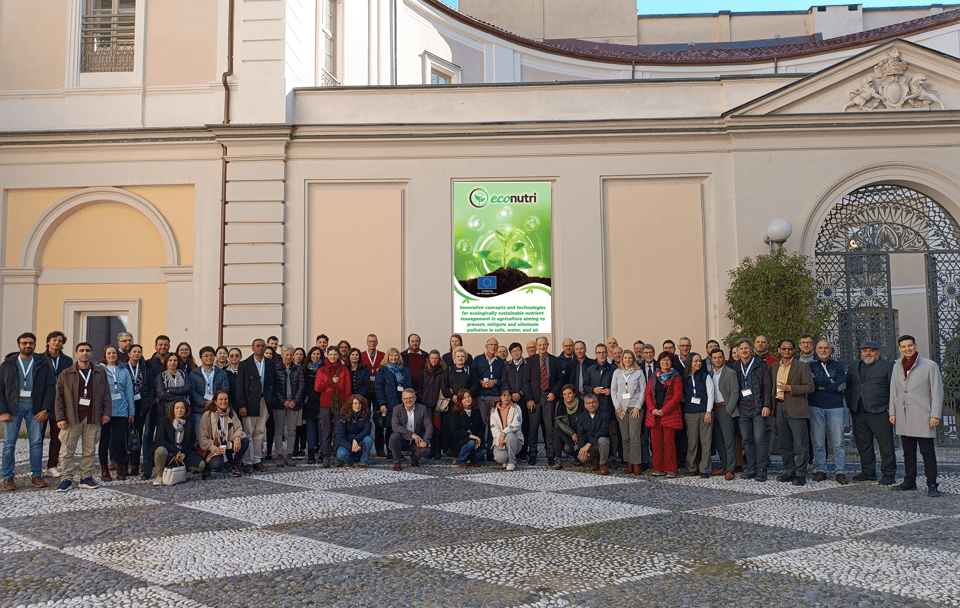

[2022-2026]


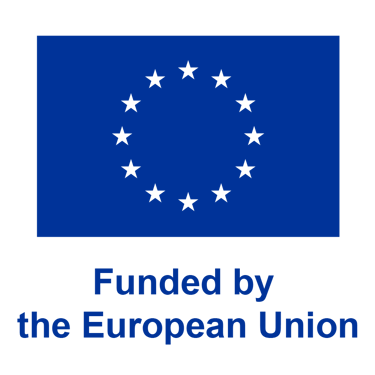

NUTRITIVE project will address existing gaps translating current challenges associated with manure management into policy recommendations and technical guidelines towards the implementation of sustainable and cost-effective ad hoc solutions for livestock farming systems.
The main objective of NUTRITIVE is to develop a decision-making tool (DSS, decision support system) able to define the most efficient and sustainable manure management strategy for a given livestock farm. Based on three pillars (environmental, economic, and social) it will limit manure air emissions as well as soil and water contaminants. This will allow for the formulation of technical guidelines and recommendations that will support policy makers with enhanced knowledge to establish requirements for future European policies.
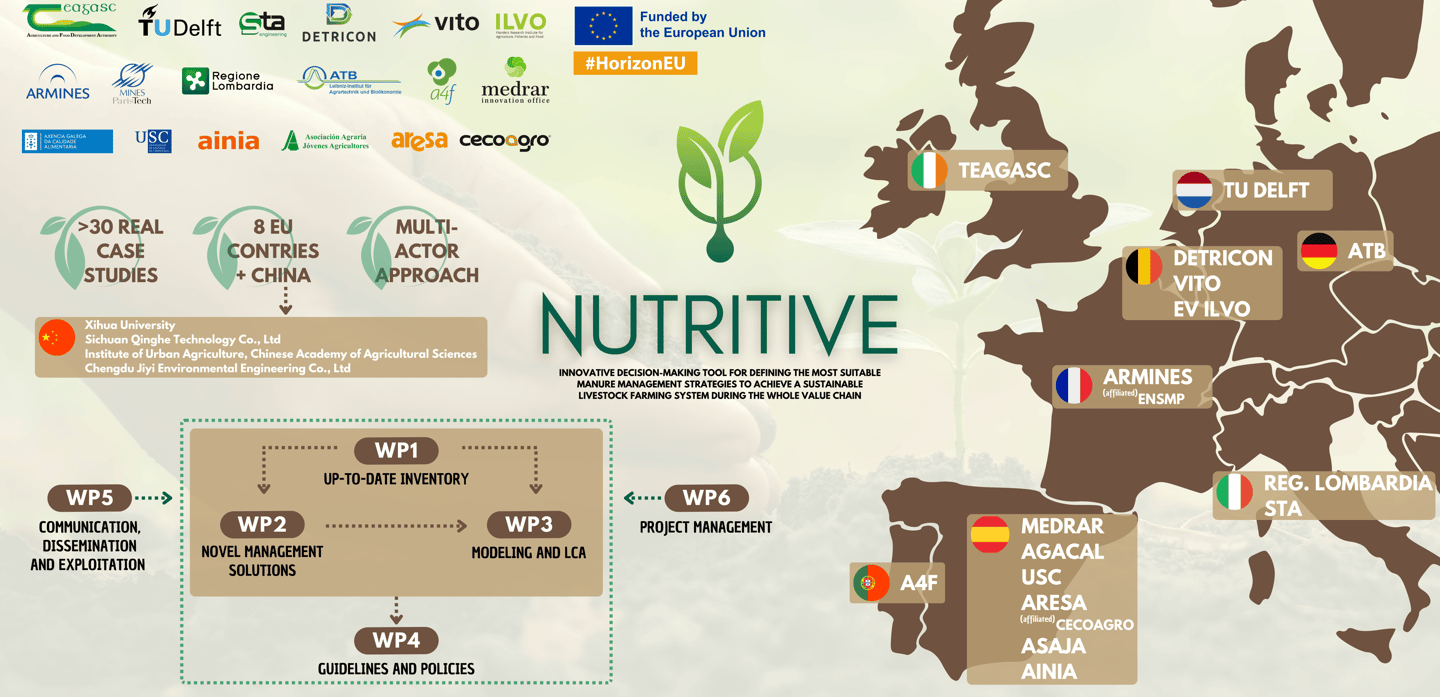

MELS (Mitigation of Emissions from Livestock Systems) [Completed]
The MELS project builds on the DATAMAN project of the Global Research Alliance. Additional data on emissions from manure management as well as activity and additional data are collected in MELS. The data will be used to establish functional relationships between emissions and activity/ancillary variables, allowing for refinement of national inventories and better assessment of the cost-effectiveness of a range of mitigation measures. MELS will assess existing systems to support on-farm decision-making related to greenhouse gas emissions from animal production systems, including grazing ruminants, and recommend improvements.
